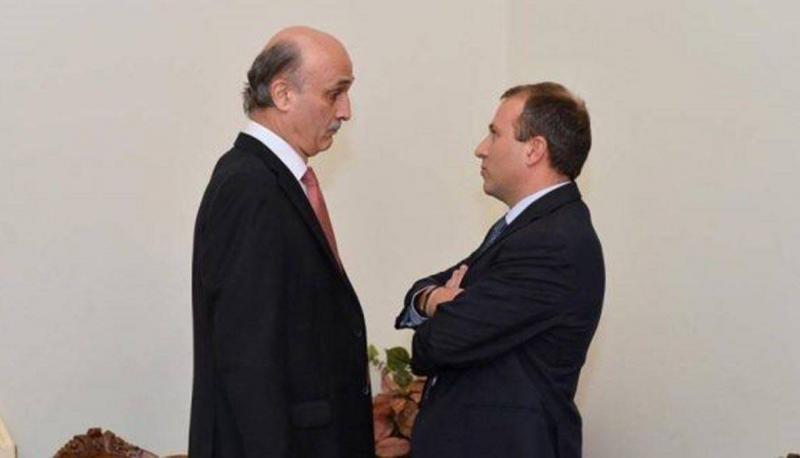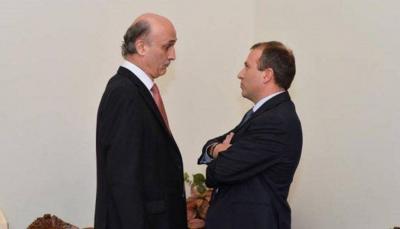Does resolving the presidential crisis in Lebanon require, first and foremost, an agreement between the two major Christian blocs, namely the Lebanese Forces and the Free Patriotic Movement? Certainly, such an agreement would compel others to adhere to what the two Christian powerhouses have agreed upon. So, what is the problem? A prominent Christian figure responds to "Al-Anbaa" newspaper, saying that the Lebanese Forces have experience with the Free Patriotic Movement. From their perspective, they believe they had a written agreement (the Maarab Agreement) stipulating that the term of President Michel Aoun would be a term of cooperation and sharing between the Forces and the Movement, which did not happen. Since then, whenever LF leader Samir Geagea has been approached about reconvening with Movement leader Gibran Bassil, the unimplemented Maarab Agreement comes to his mind. Therefore, a new understanding between the two major Christian forces is not expected.
On the other hand, the source notes that Gibran Bassil took a significant and successful step by approaching Parliament Speaker Nabih Berri, who was considered the furthest from the Movement. This move has drained Hezbollah for six years in trying to bridge differences, with many observations on Hezbollah's performance and seriousness during that time. However, political logic suggests that Bassil's openness towards Berri should be followed by an opening between Bassil and Geagea, as the disagreement between the two hinders any major agreement.
How does this reflect on the presidency? The source asserts that everyone senses the problem: it is impossible to elect a president without the Lebanese Forces, and the one who understands this most is the head of the Marada Movement, Sleiman Frangieh, while the Forces are taking a firm stance against Frangieh's candidacy. The source indicates that any president elected in the end will face a tough international decision regarding the resettlement of Palestinian refugees and displaced Syrians. Hence, the importance of the Christian and, consequently, national support for the future president to handle all the pressures that Lebanon will face in these two critical files, as they will change the demographic, cultural, and pluralistic face of Lebanon, in addition to other economic and financial issues according to "Al-Anbaa" newspaper.




